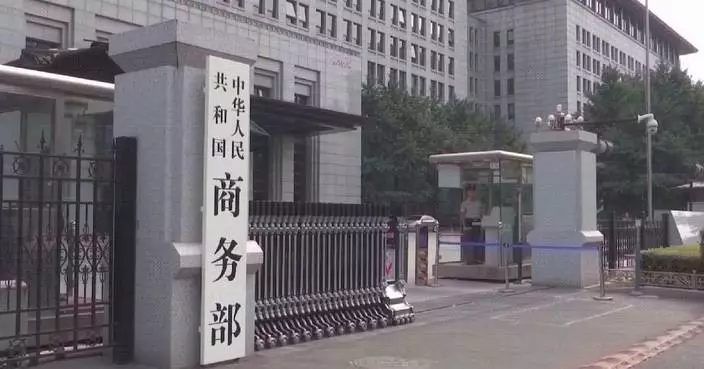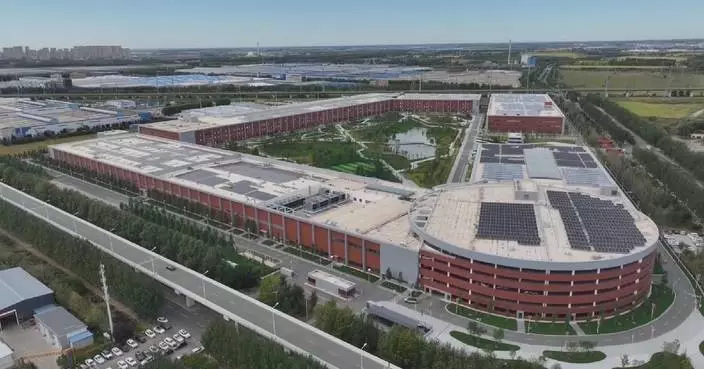China's New Kinetic Energy Index of Economic Development, which measures the momentum of new industries, business models, and technological innovation, rose by 19.5 percent in 2023, driven by technological innovation and expanding digital economy, according to data released by the National Bureau of Statistics on Saturday.
The New Kinetic Energy Index reached 119.5 in 2023, reflecting a 19.5 percent increase over the previous year. Innovation-driven growth and the digital economy were the key contributors, highlighting the robust development in these sectors.
The innovation-driven index surged by 22.3 percent year on year in 2023, fueled by advancements in basic research and original innovation, with enterprises playing a central role.
National research and development expenditures reached 3.3 trillion yuan (over 465 billion U.S. dollars), an 8.1 percent increase, while the value of technology market contracts rose by 28.6 percent to 6.15 trillion yuan (over 867 billion U.S. dollars), underscoring the significance of technological innovation as a growth driver.
The network economy index also grew by 22.1 percent in 2023, reflecting rapid development in new business models and strong online consumer demand for upgraded goods.
Online retail sales of physical goods increased by 8.4 percent, outpacing overall retail sales by 1.2 percentage points, while e-commerce transactions grew by 9.4 percent. The consumption of information services, such as digital entertainment, also saw rapid growth. By the end of 2023, mobile internet data usage had surged by 15.2 percent, solidifying China's leadership in the digital economy.
The vitality of China's market economy was further unleashed in 2023, marked by a significant increase in the number of market entities, continuous optimization of the investment structure, and substantial progress in industrial transformation and upgrading.
The economic vitality index rose by 14.5 percent, driven by the establishment of 32.73 million new market entities -- a 12.6 percent rise -- while the number of high-tech enterprises grew to 463,000, indicating a thriving innovation landscape.
Industrial transformation and upgrading also quickened in 2023, with the transformation and upgrading index increasing by 16.3 percent. Policies aimed at stabilizing industrial operations and promoting advanced manufacturing spurred growth, particularly in green and low-carbon sectors.
High-tech manufacturing's added value accounted for 15.7 percent of those of industrial enterprises above the designated scale, while the share of non-fossil energy consumption in the overall energy consumption increased by 0.2 percentage points.
Notably, exports of electric passenger vehicles, lithium-ion batteries, and solar cells -- collectively known as the "new three" products -- reached 1.06 trillion yuan (about 150 billion U.S. dollars), a 29.9 percent growth, marking significant strides in industrial upgrading.

China's new growth drivers index rises 19.5 pct in 2023









